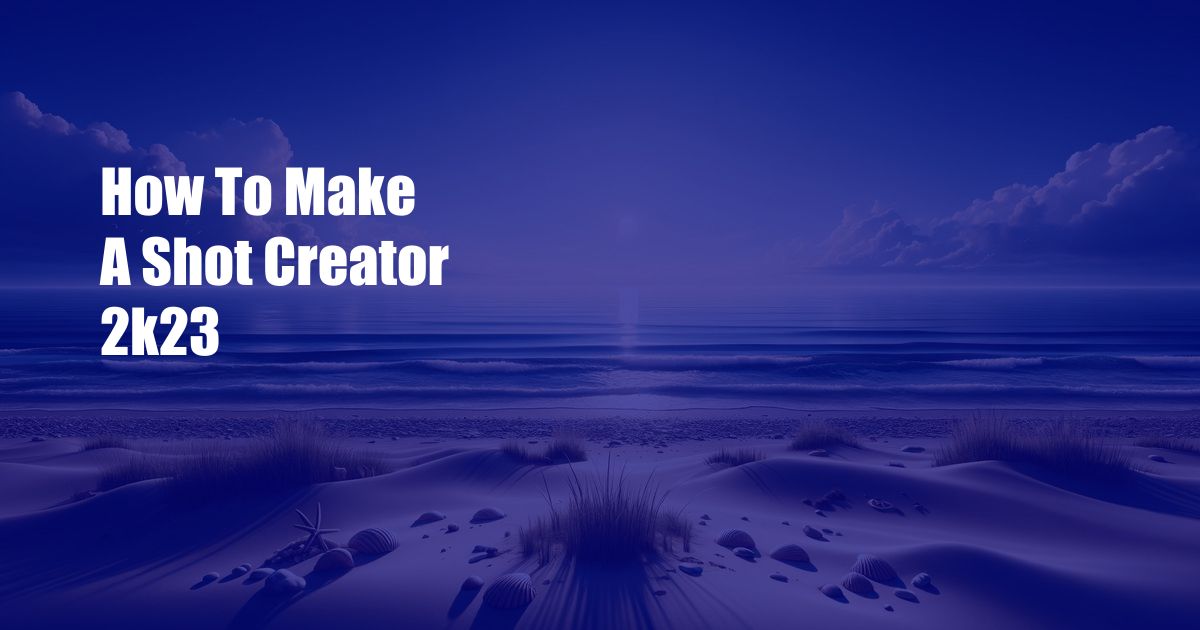
The Lucrative Contracts of NHL Entry-Level Players
Ask any young hockey player, and they’ll tell you that their ultimate dream is to make it to the NHL. The allure of playing at the highest level of professional hockey, representing your country, and potentially winning the Stanley Cup is irresistible. But what many aspiring NHLers don’t realize is that the financial rewards of an NHL career can be just as enticing as the glory.
Entry-level contracts are the first contracts that NHL players sign after being drafted. These contracts are typically for two or three years, and they come with a base salary, signing bonus, and performance bonuses. The base salary for an entry-level contract is set by the NHL’s collective bargaining agreement (CBA), and it varies depending on the player’s draft position. For example, the base salary for a first-overall pick in 2023 is $925,000.
Perks and Bonuses
In addition to the base salary, entry-level contracts also include a signing bonus. The signing bonus is a lump sum of money that is paid to the player when they sign the contract. The amount of the signing bonus is negotiated between the player and the team, and it can range from a few hundred thousand dollars to several million dollars.
Entry-level contracts also include performance bonuses. These bonuses are paid to the player if they meet certain performance goals, such as playing in a certain number of games, scoring a certain number of goals, or winning a certain number of awards. The performance bonuses can add up to a significant amount of money, and they can help players increase their overall earnings.
Recent Developments
In recent years, there has been a trend towards longer entry-level contracts. In the past, most entry-level contracts were for two years. However, in recent years, more and more teams are signing their top prospects to three-year deals. This gives the teams more time to develop their young players, and it also gives the players more time to earn a bigger contract.
Another recent development is the increase in the amount of money that is being paid to entry-level players. The base salary for an entry-level contract has increased significantly in recent years, and the signing bonuses are also getting bigger. This is due in part to the NHL’s increasing revenue, which has allowed teams to spend more money on their players.
Tips for Negotiating an Entry-Level Contract
If you’re a young hockey player who is hoping to sign an NHL entry-level contract, there are a few things you can do to improve your chances of getting a good deal. First, it’s important to have a good agent. A good agent will be able to negotiate a contract that is fair to you and that will help you reach your full potential.
Second, it’s important to be realistic about your expectations. Don’t expect to get a huge signing bonus or a high base salary right out of the gate. You need to prove yourself in the NHL before you start earning big money.
Advice from the Experts
“The most important thing for a young player to remember when negotiating an entry-level contract is to be patient,” said one NHL agent. “Don’t rush into anything. Take your time, and make sure you’re getting a fair deal.”
“Another important thing to keep in mind is that an entry-level contract is just the beginning,” said another NHL agent. “If you play well and prove yourself, you’ll be in line for a big payday when you sign your next contract.”
Frequently Asked Questions
What is the average salary for an NHL entry-level contract?
The average salary for an NHL entry-level contract is around $925,000. However, the salary can vary depending on the player’s draft position, performance, and other factors.
How long is an NHL entry-level contract?
Most NHL entry-level contracts are for two or three years.
What are the performance bonuses in an NHL entry-level contract?
Performance bonuses in an NHL entry-level contract can vary depending on the player’s contract. However, common bonuses include bonuses for playing in a certain number of games, scoring a certain number of goals, or winning a certain number of awards.
Can an NHL entry-level contract be terminated?
Yes, an NHL entry-level contract can be terminated by either the player or the team. However, there are certain conditions that must be met in order to terminate the contract.
Conclusion
An NHL entry-level contract can be a lucrative financial opportunity for young hockey players. However, it’s important to remember that an entry-level contract is just the beginning. If you play well and prove yourself, you’ll be in line for a big payday when you sign your next contract.
Are you interested in learning more about NHL entry-level contracts?
 Vikipedi.org Trusted Information and Education News Media
Vikipedi.org Trusted Information and Education News Media



